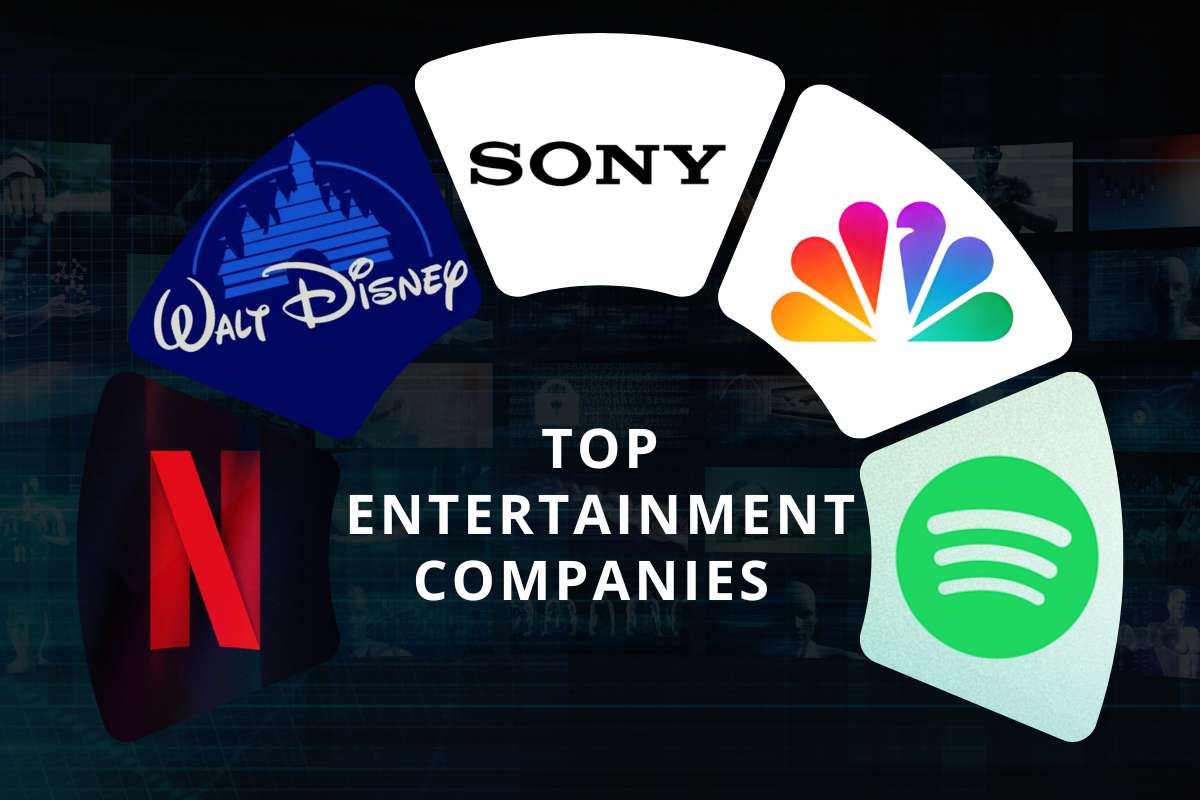In any business, two disciplines often dominate job forums: boardroom strategies, marketing, and finance. Though they sit under the same organizational umbrella, their philosophies, skill sets, and day-to-day realities couldn’t be more different. The conversation around Marketing vs Finance is not just academic; it’s deeply personal for those choosing a career path. It’s about the type of problems you want to solve, how you think, and the satisfaction you seek from your work.
On one side, finance offers structure, logic, and numbers that talk. Conversely, marketing succeeds on creativity, persuasion, and emotional intelligence. Both can be rewarding—both demand expertise.
In this article, we’ll look deeper into what separates the two, what overlaps, and how to choose between them based on more than just salary data or surface-level job titles.
What Roles Do They Play?
Finance
Finance professionals handle the flow of money—allocating budgets, forecasting growth, and managing risk. They prepare financial reports, ensure regulatory compliance, and offer strategic guidance. Their decisions shape company health and future direction. In roles like financial Analyst, investment banker, or CFO, numbers and strategy are front and center.
Marketing
Marketers connect brands to audiences. They research consumer behavior, craft brand identities, and run ad campaigns across TV, digital, or social media. Their goal is to engage, influence, and convert. Roles include brand manager, digital strategist, and content director—each focused on human connection and narrative.
Core Responsibilities Compared
Finance is about structure and precision. Marketing is about flexibility and innovation. The ongoing dynamic of Marketing vs Finance highlights how both sides support and elevate each other despite their differences.
| Area | Finance | Marketing |
| Strategy | Developing forecasts, budgets, risk strategies | Designing campaigns, positioning brands, and setting growth goals |
| Daily Tasks | Financial reporting, investment analysis, cost control | Content creation, market segmentation, campaign analytics |
| Tools & Techniques | Excel, Power BI, Bloomberg, financial modeling | SEO, CRM platforms, social media analytics, A/B testing |
| Impact | Company’s fiscal stability, investor confidence, sustainable growth | Brand awareness, customer loyalty, sales growth |
Education and Learning: Technical vs Creative
Finance Skills

Finance education is often rigorous, focusing on statistics, accounting, and financial modeling. One article argues that a finance career provides “financial stability and lucrative rewards” through structured career progression. A specialized finance degree or MBA builds proficiency in budgeting, assessing investments, and mitigating risk.
Marketing Skills
Modern marketing blends creativity with data. Beyond traditional consumer behavior and branding courses, students now learn SEO, analytics, digital marketing, and CRM. Successful marketers combine storytelling, trend insight, and tech-savvy tactics.

Marketing Management in 2025: What Works Now?
Here are the of Types Marketing Management: 1. Traditional 2. Digital 3. Strategic 4. Performance 5. Relationship
What the Career Path Looks Like
Choosing between Marketing and Finance also means looking ahead. What kind of work will you be doing ten years from now?
Finance careers typically follow a more straightforward, more hierarchical path. You may start as a financial analyst or associate and gradually move into roles like finance manager, VP of finance, or CFO. With enough experience, you could advise companies on IPOs or mergers, handle billion-dollar portfolios, or manage risk for multinational firms. The progression is linear, the expectations are structured, and the metrics for success are well-defined.
Marketing careers, on the other hand, tend to be more fluid. A marketer may begin as a content creator or digital marketing associate and transition into brand strategy, product marketing, or creative direction. Some marketers specialize in SEO, social media, or influencer marketing. Others shift into growth hacking or UX design. The nature of marketing work often requires constant reinvention and adaptation, but it can also allow more freedom to explore side projects or even freelance.
That flexibility is both a perk and a challenge. While finance professionals may find comfort in clarity, marketing professionals often thrive in ambiguity. And that, again, is a crucial distinction in the Marketing vs Finance conversation, structured logic versus creative adaptability.
Salary Outcome
When comparing salaries in Marketing vs Finance, it’s essential to consider entry-level earnings, mid-career averages, and long-term executive compensation.

Finance Roles:
- Financial Analyst: $70,000–$90,000 annually (entry-level); up to $120,000+ with 5–7 years experience
- Investment Banker (Associate Level): $120,000–$150,000 base, with bonuses pushing total compensation over $200,000
- Finance Manager: $110,000–$135,000 annually, depending on industry and location
- Chief Financial Officer (CFO): $250,000–$450,000 annually in midsize firms; over $1 million with bonuses at major corporations
Marketing Roles:
- Marketing Coordinator/Assistant: $50,000–$65,000 annually (entry-level)
- Digital Marketing Manager: $95,000–$120,000; higher in tech/startups with performance marketing skills
- Brand Manager: $100,000–$130,000 depending on company and product scope
- Chief Marketing Officer (CMO): $220,000–$400,000+ annually; large consumer brands may offer $500,000+ including stock options

While finance tends to offer higher starting salaries and a steeper early career curve, marketing roles, especially in digital and leadership positions, can offer competitive or even superior compensation over time. In the Marketing vs Finance debate, the salary gap is shrinking as marketing becomes more data-driven and tied directly to revenue performance.
Industry Trends: What Lies Ahead
| Area | Finance | Marketing |
| Tech Integration | FinTech & Blockchain continue reshaping financial tools. | AI tools for personalization, automation, and content generation. |
| Data & Analytics | AI-powered analytics and predictive forecasting are becoming standard practice. | Influence and social media analytics are transforming brand strategies. |
| Emerging Priorities | ESG (Environmental, Social, Governance) and sustainable finance are gaining traction. | Metaverse marketing and voice-based campaigns are defining new engagement frontiers. |

Finance Management: Building a Smarter Relationship with Money
Finance management involves budgeting, planning, monitoring, and controlling your financial resources to ensure stability and long-term growth.
Which Path Fits You Best?
When weighing Marketing vs Finance, ask yourself:
- Do you enjoy numbers or narratives? Finance demands accuracy and clarity; marketing thrives on imagination.
- Where do you focus energy? Structured spreadsheets or creative campaigns?
- What work environment energizes you? Boardrooms or brainstorming sessions?
- What industry trends excite you? Investing in fintech or launching brand initiatives in new media?
Neither path is superior. Ultimately, success comes from aligning your work with your talents and passions.
If you’re drawn to:
- Forecasting, fiscal health, investments → Finance
- Consumer insight, storytelling, campaigns → Marketing
Conclusion
When considering Marketing vs Finance, you’re not just weighing job descriptions or paychecks. You’re asking yourself more profound questions: Do I prefer data or people? Do I like solving complex logic problems, or do I love telling stories that inspire action?
Finance will always need professionals who can calculate risk, create models, and advise on money flow. Marketing will always need minds that can create emotional resonance, build relationships, and make brands unforgettable.
However, the choice isn’t just about skills. It’s about your energy, mindset, and where you see yourself growing financially, intellectually, and creatively.


















